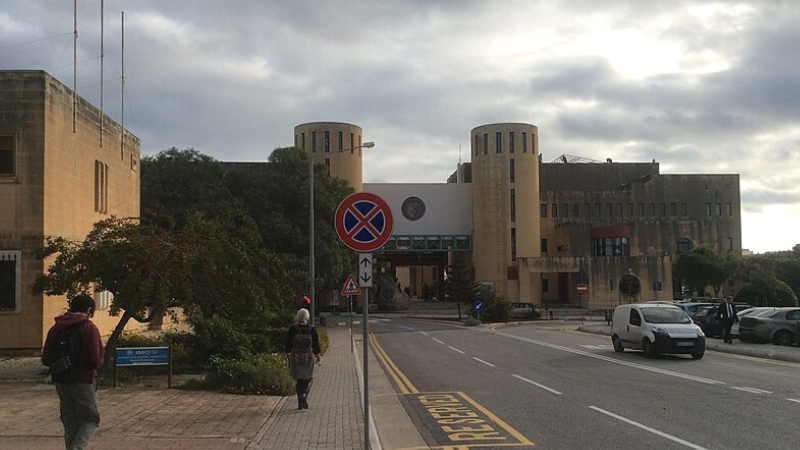The University of Malta has, in the past, never raised any issues with the Ombudsman’s office investigating the composition of a Board of Examiners, a spokesperson for the Ombudsman’s office has told The Shift.
The Shift reached out to the Ombudsman’s office after The Times of Malta reported that an Ombudsman’s investigation into a claim of unqualified examiners requested by a student, prompted the university’s pro-rector Carmen Sammut to argue that the composition of a board of examiners cannot be reviewed by the education commissioner. Asked whether investigations into the composition of a Board of Examiners at University have ever been contested in the past, the spokesperson said:
“As far as it can be ascertained, in similar complaints investigated by the Commissioner for Education, the issue that the composition of a Board of Examiners cannot be reviewed by the Ombudsman was never raised by the University of Malta.”
The spokesperson for the Ombudsman highlighted that the issue was “only” brought up when the investigation was concluded and the final opinion with a recommendation had been sent to the university.
“In fact, during the investigation, the University of Malta collaborated with the Office of the Ombudsman and sent all requested information pertinent to the investigation in the full knowledge that what was being investigated in substance was the grade awarded for the dissertation,” he told The Shift.
After probing the student’s complaint and being “negatively struck” by the composition of the examiner’s board, Education Commissioner from the Ombudsman’s Office Vincent De Gaetano had recommended to the University that the Board of Examiners is reconstituted afresh. However, the university refused to implement such recommendations.
“The composition of the Board of Examiners, once effected according to law, cannot be subject to review by the office of the Commissioner of Education, being that the backbone of the University of Malta is its academic autonomy, as enshrined in the Education Act. The same law is clear as to the academic supremacy of Senate,” Sammut wrote in a reply.
The University’s Senate is responsible for academic matters regulating studies, research, documentation, entry requirements and examinations.
De Gaetano answered Sammut, arguing that while the University’s autonomy and academic freedom are clearly implied in the Education Act, the Ombudsman’s jurisdiction to probe into alleged instances of maladministration stems from the Ombudsman Act and from the Commissioners for Administrative Investigations Rules.
The Commissioner “has jurisdiction to investigate and recommend if ‘there is evidence of maladministration’, which in this case there was,” he argued. He added that Sammut’s argument is “not only contrary to the clear wording of the law but also a disservice to our Alma Mater, fostering as it does at best a perceived culture of academic arrogance and at worst one of institutional impunity.”
“Both the Ombudsman and the Courts have, in appropriate circumstances, residual functions and jurisdiction in academic matters,” he said.
Weighing up the law
Asked for his input on the matter, Former Nationalist Education Minister Louis Galea weighed up the law in both situations, noting how it is the University that the Senate has general direction over when it comes to academic matters, however, investigating the University is also within the Ombudsman’s remit.
Galea was a Cabinet member at the time when the Education Act establishing autonomy was passed and was instrumental in pushing for the law to be enacted.
While the law provides that the Senate “shall have general direction of the academic matters” and “to deal with any other matter of an academic nature arising in the administration of the University”, on the other hand, “the Ombudsman Act does not exclude the University of Malta from the purview of this office,” he told The Shift.
“The legal issue here is whether the appointment of an examining board is a purely academic or an administrative function,” he said. “My understanding is that the academic autonomy of a body of higher education must include the appointment of examiners and examining boards. On the other hand, one cannot ignore the findings of the Ombudsman Education Commissioner.”
The matter has been forwarded by the Ombudsman to Prime Minister Robert Abela and Speaker of the House Anglu Farrugia.













If a citizen would like to study for a degree in omertà, now you know.
That is part of the apprenticeship at Super One .
Only crooks do not want to be investigated .
Will investigations turn up professionals who should have never graduated and vice versa?